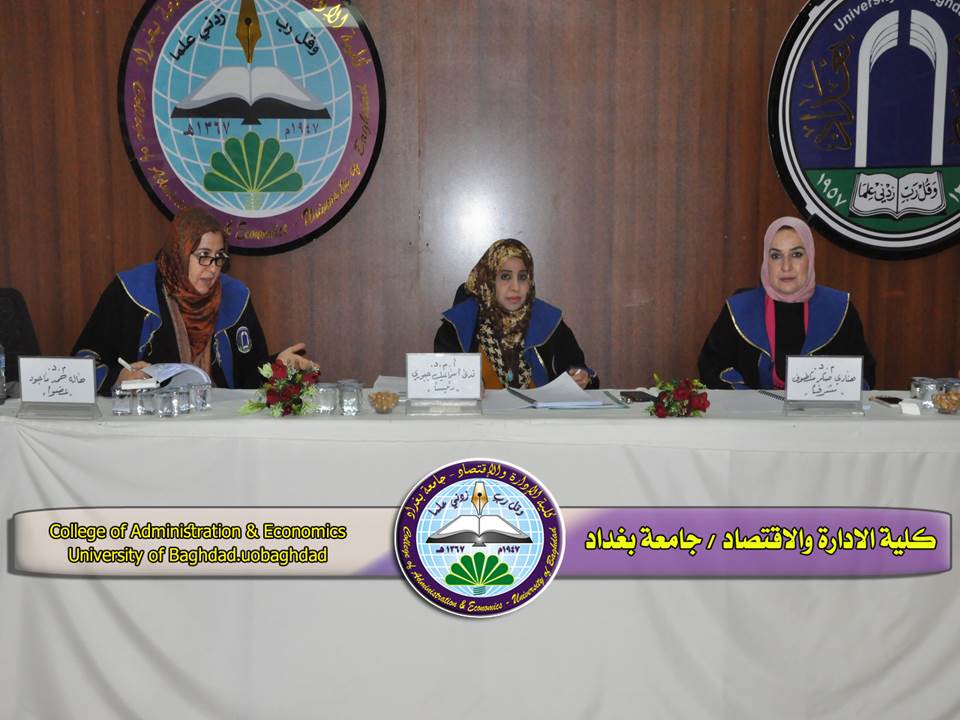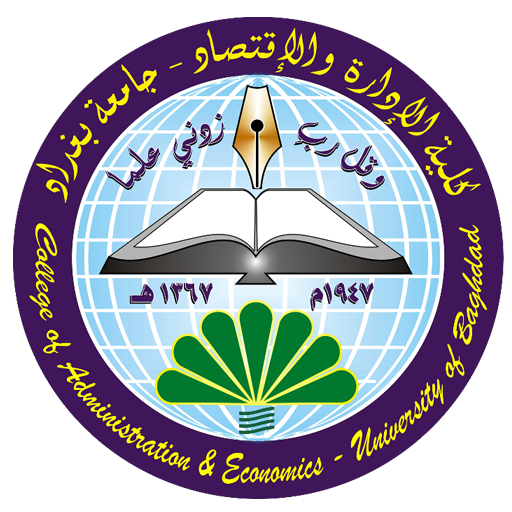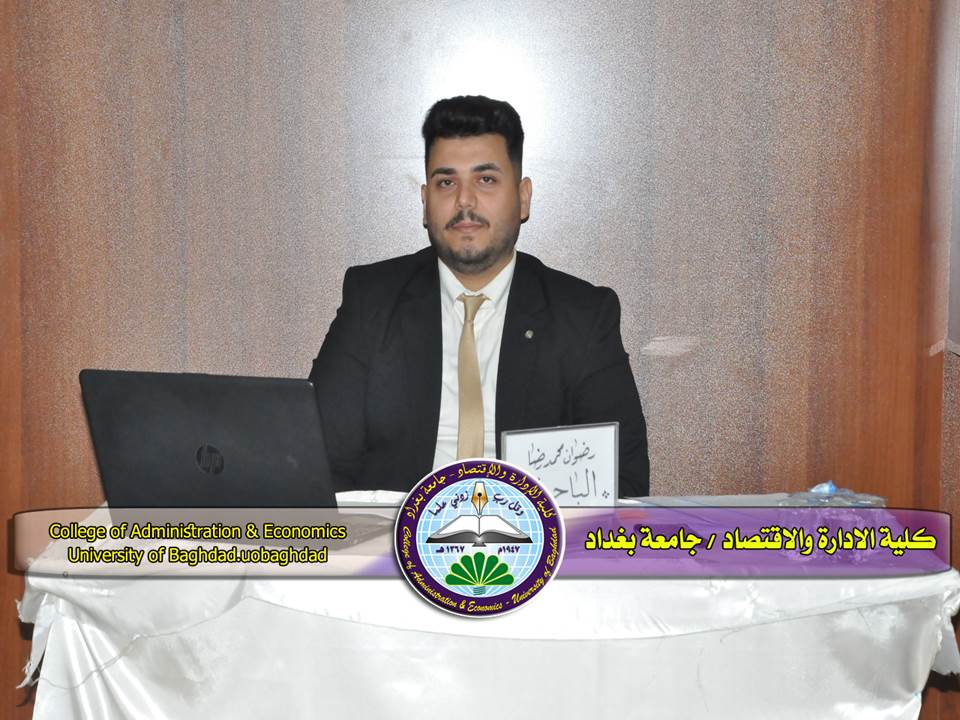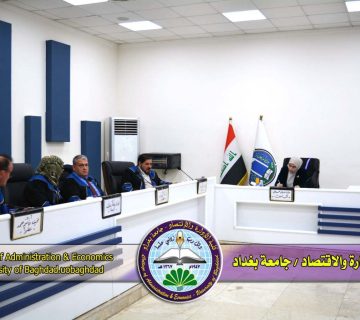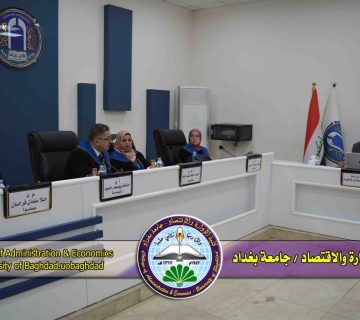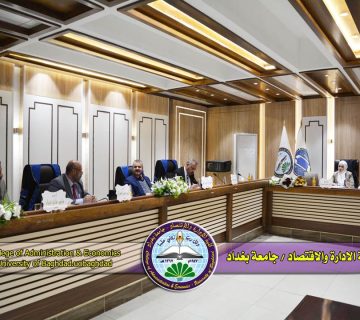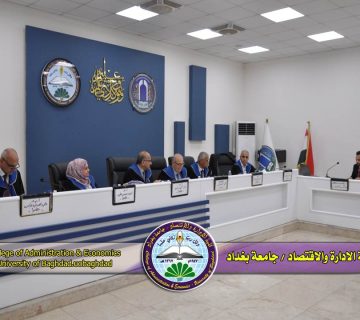The College of Administration and Economics at the University of Baghdad discussed , a higher diploma in field of security strategic planning by the student ( Radwan Muhammad Reda) and tagged with (Diagnosing the performance problems of the General Tax Authority using some quality tools – A case study), Under supervision of Dr. Hanadi Sakr Maktouf
The research aims to diagnose performance problems in the General Tax Authority، and from the researcher’s awareness of the problems at work and the lack of a scientific diagnosis of the existing problems in the departments of the department that are the subject of the research، but rather relying on the usual performance with the old and simple classic steps that lack a standard system for their level of performance، which highlights the importance of the research. It is important to diagnose performance problems because it identifies weak points in performance and areas to address them. And strengths to enhance them، and provide recommendations that lead to improving the level of optimal performance in achieving goals and investing available resources، as diagnosing performance within public institutions in general and the organization under study in particular faces many problems related to measuring performance and the difficulty of finding appropriate standards to rely on.
The deductive approach was used in the theoretical side and the case study approach in the practical side of the research، relying on the checklist for the variable of diagnosing performance problems، which included six basic problems (problems related to the financial department and tax examination، problems related to laws and legislation، problems related to administrative aspects and human resources، problems related to control and internal auditing، and problems related to the administrative aspects and human resources. related to the quality management system and problems related to customer satisfaction) and by referring to some of the data of the General Authority for Taxes and personal interviews، several conclusions were reached، including the weakness of the authority’s adoption of modern technologies in issuing controls، instructions and circulars related to the taxpayer and the highly routine procedures in completing transactions.
